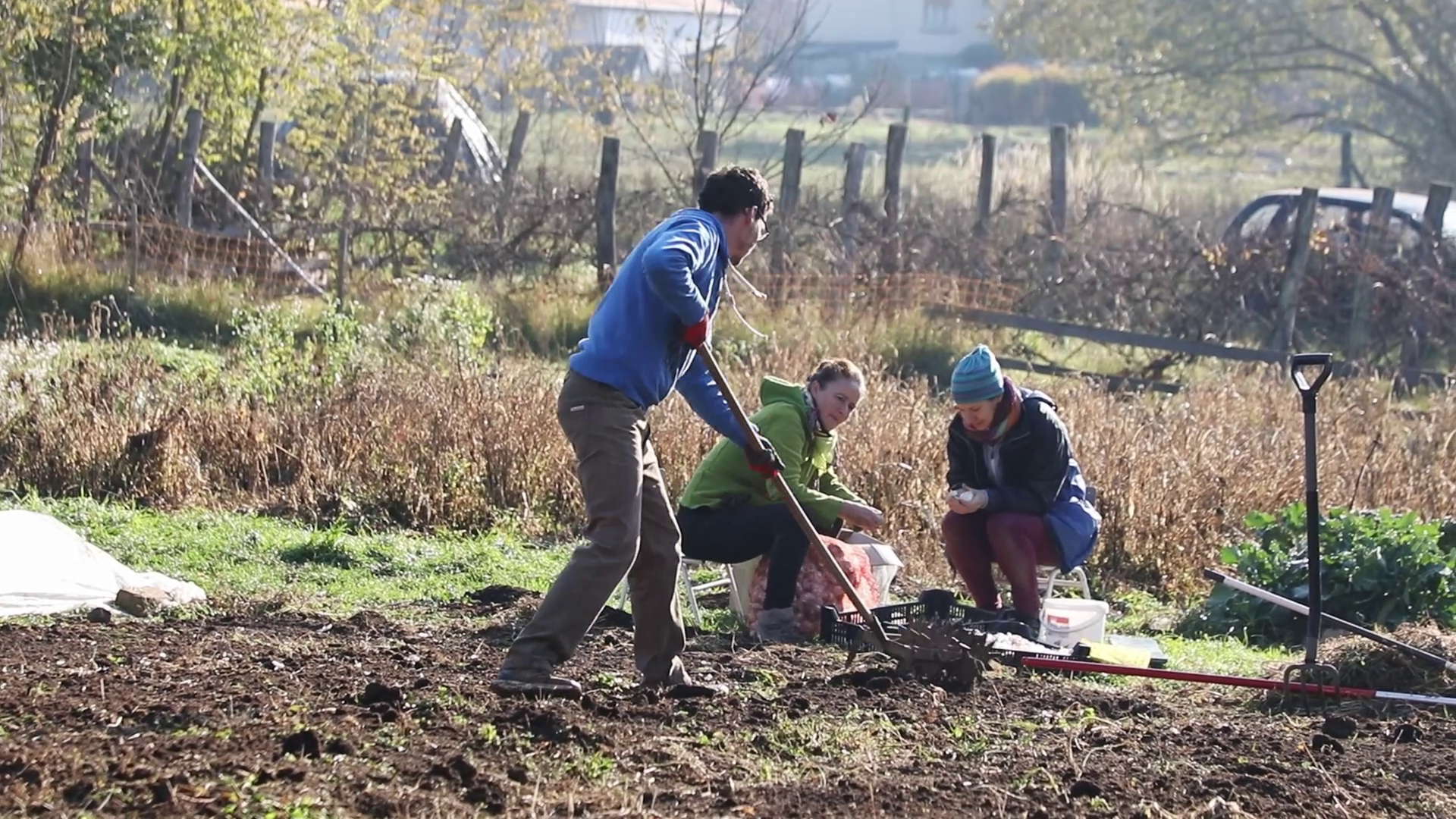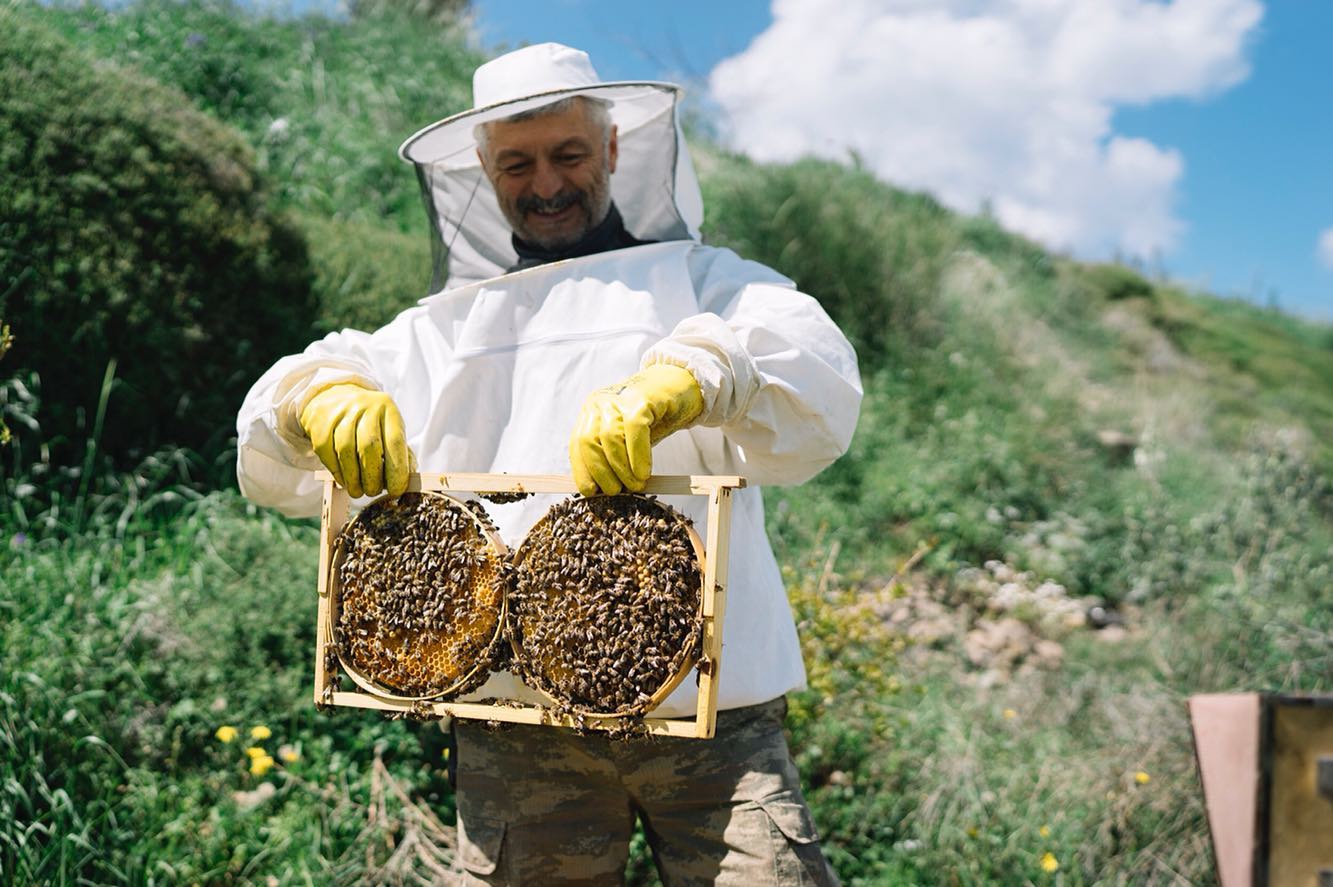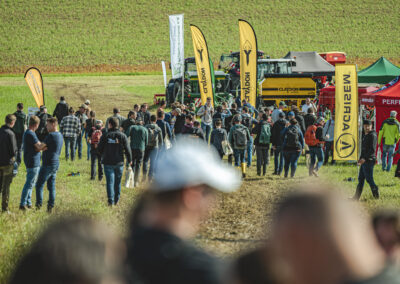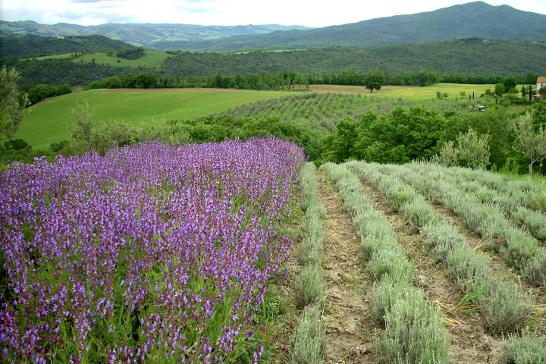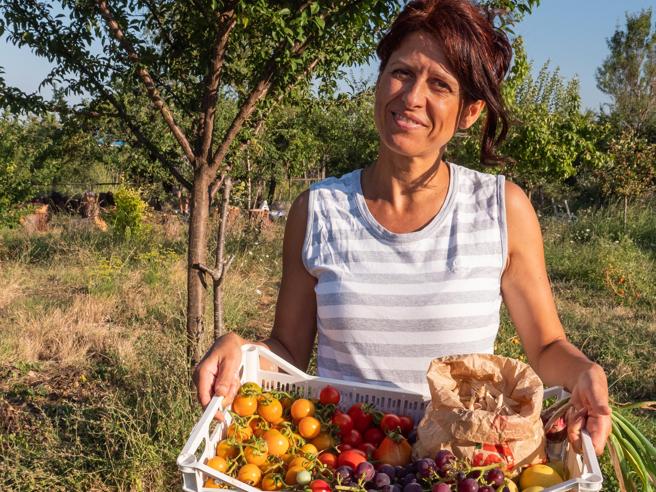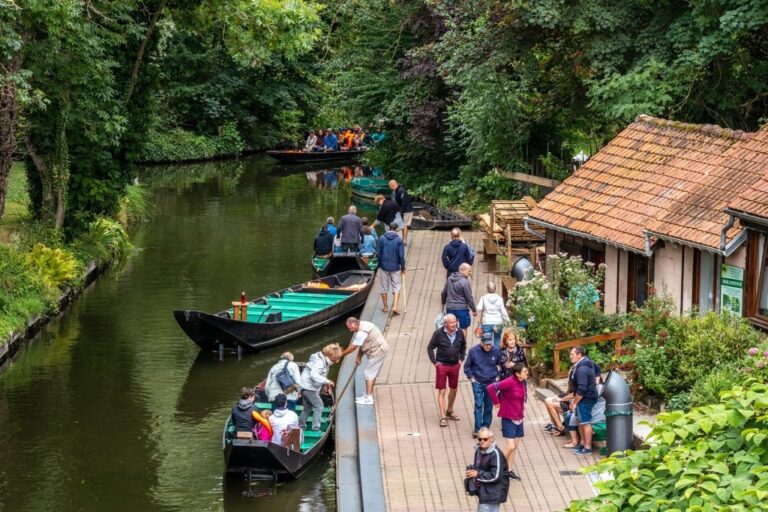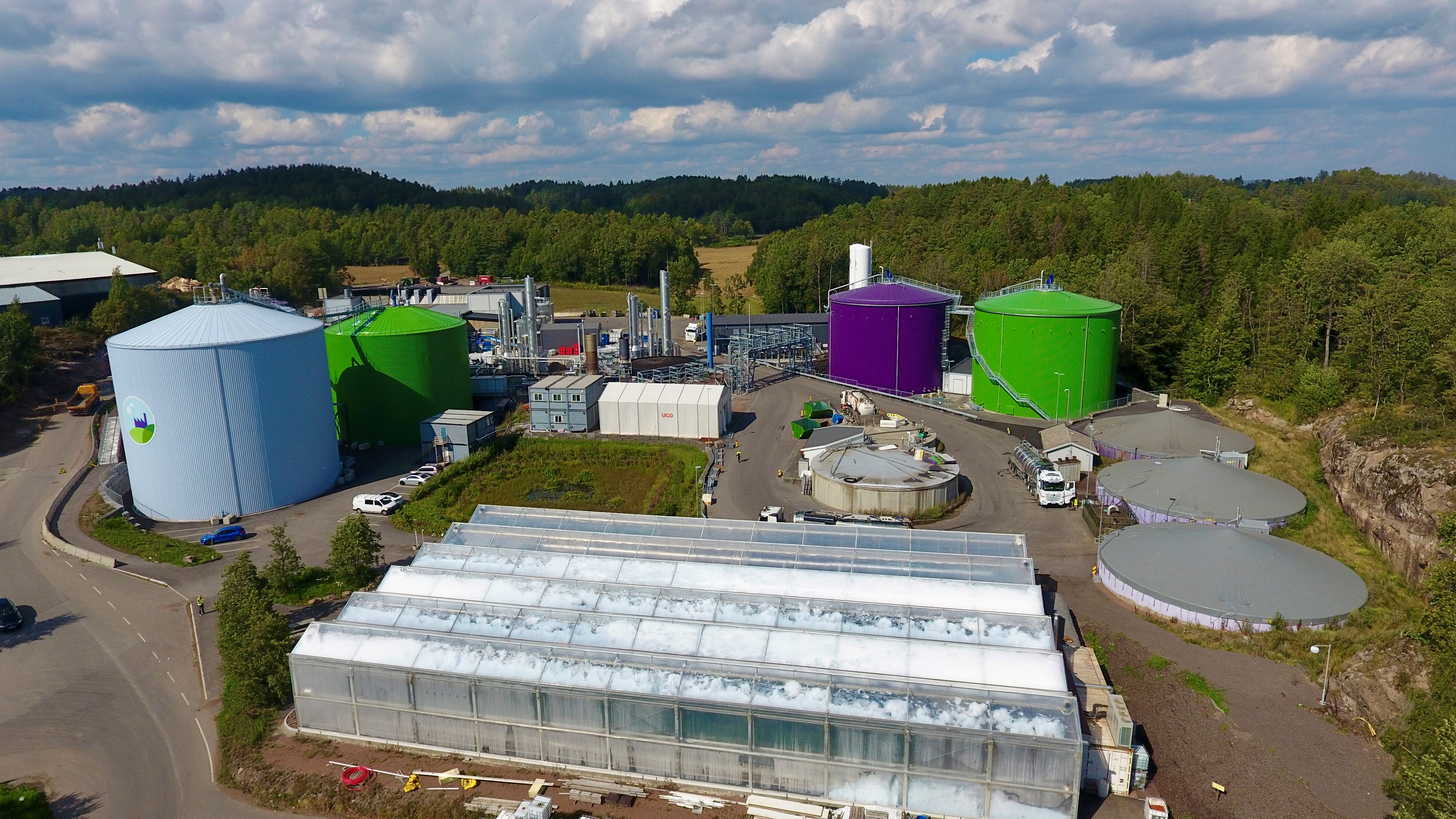Communities of practice
Learn more about the Communities of Practice through our collection of video interviews: Watch CoPs interviews
In the framework of the PREPSOIL project, a EU-funded project aiming to facilitate the implementation of the EU Soil Mission we are currently carrying out a screening of community-led initiatives across Europe where actors get together to address, and act upon, a specific concern related to soils. In a buzz word we call the latter soil Communities of Practice (CoPs). [read more]
Although there is no official clear-cut definition of the term, there are 3 key elements distinguishing CoPs (source ):
- A common domain: the concern collectively identified and which the community is aiming to address;
- A community: the organized group of actors (i.e. citizens, civil society organizations, public authorities, businesses) who are actively engaged in the process;
- A practice: the action/measures that the community decides to develop/put in place in order to promote/improve/solve the identified concern.
In the context of soils, a Community of Practice could be defined as a group of people/actors that have gathered together to either address an identified threat to soils in their territories by implementing a set of identified actions, or a group of people that are promoting the adoption of alternative models of soil management to ensure that the soil’s capacity to deliver ecosystem services is preserved over the long run.
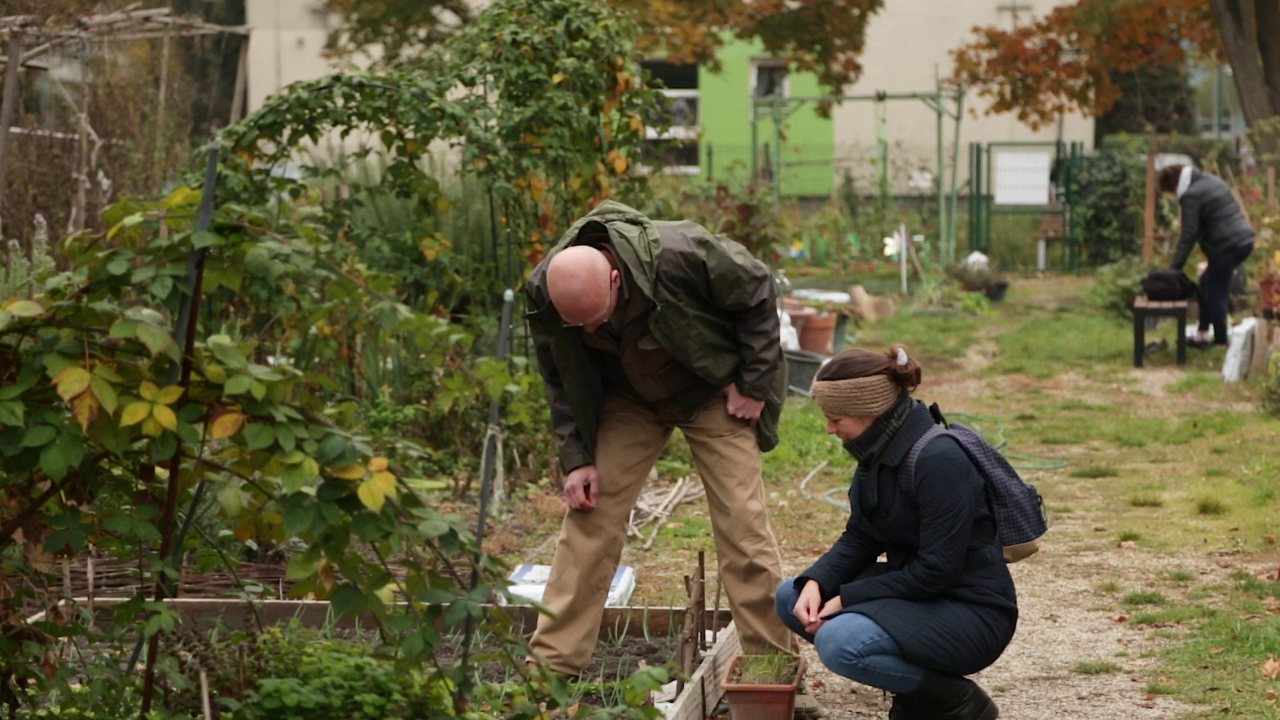
ZUG Community Gardens Association
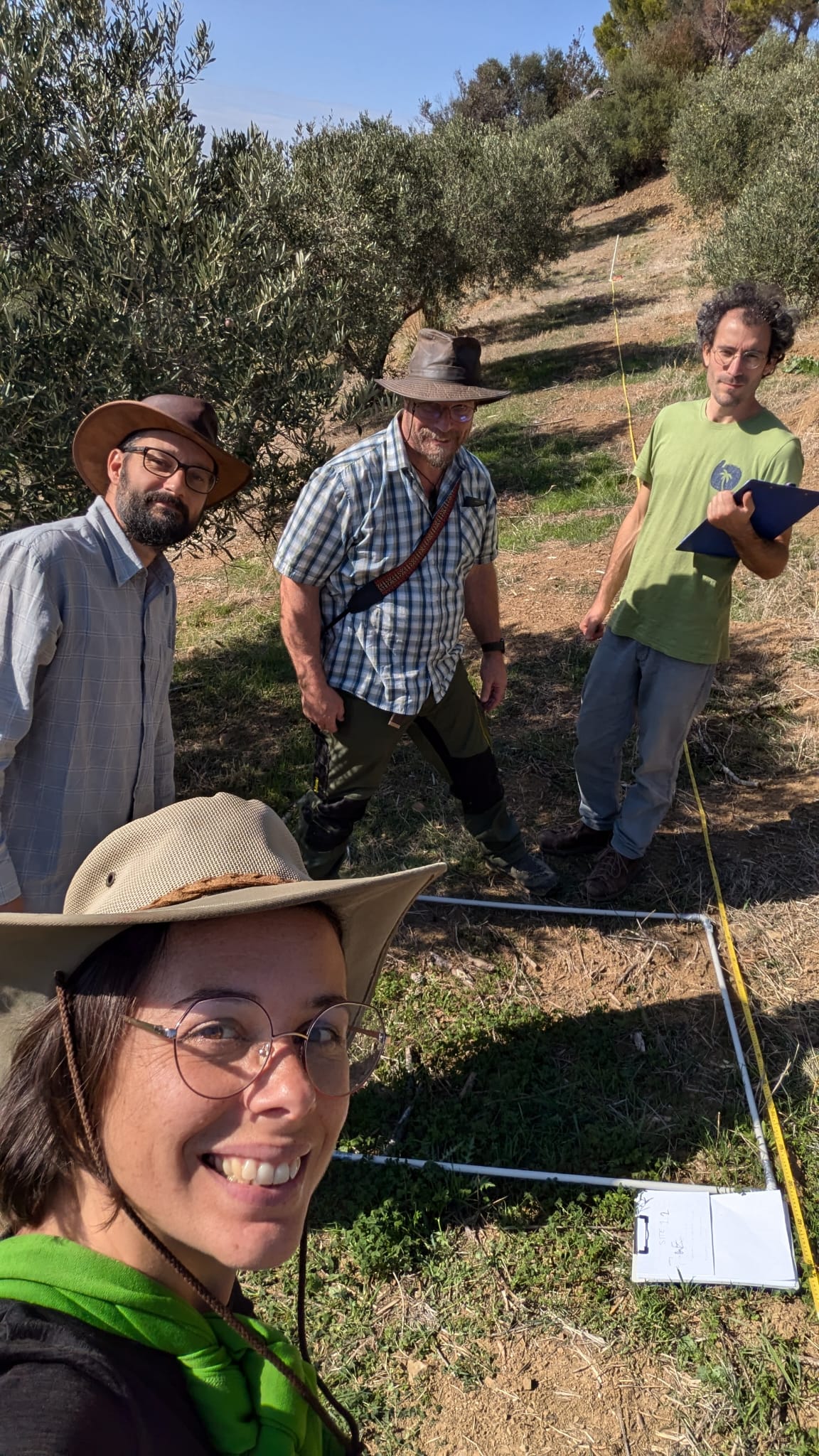
Gestione Olistica Italia ETS
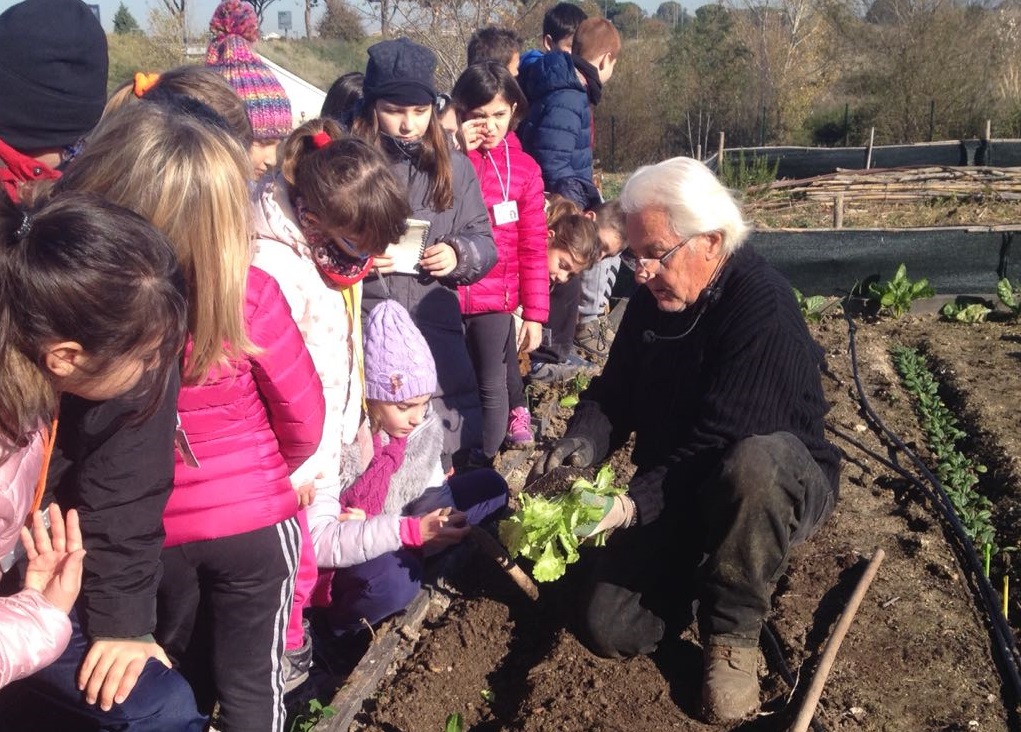
Parco Ort9-Sergio Albani
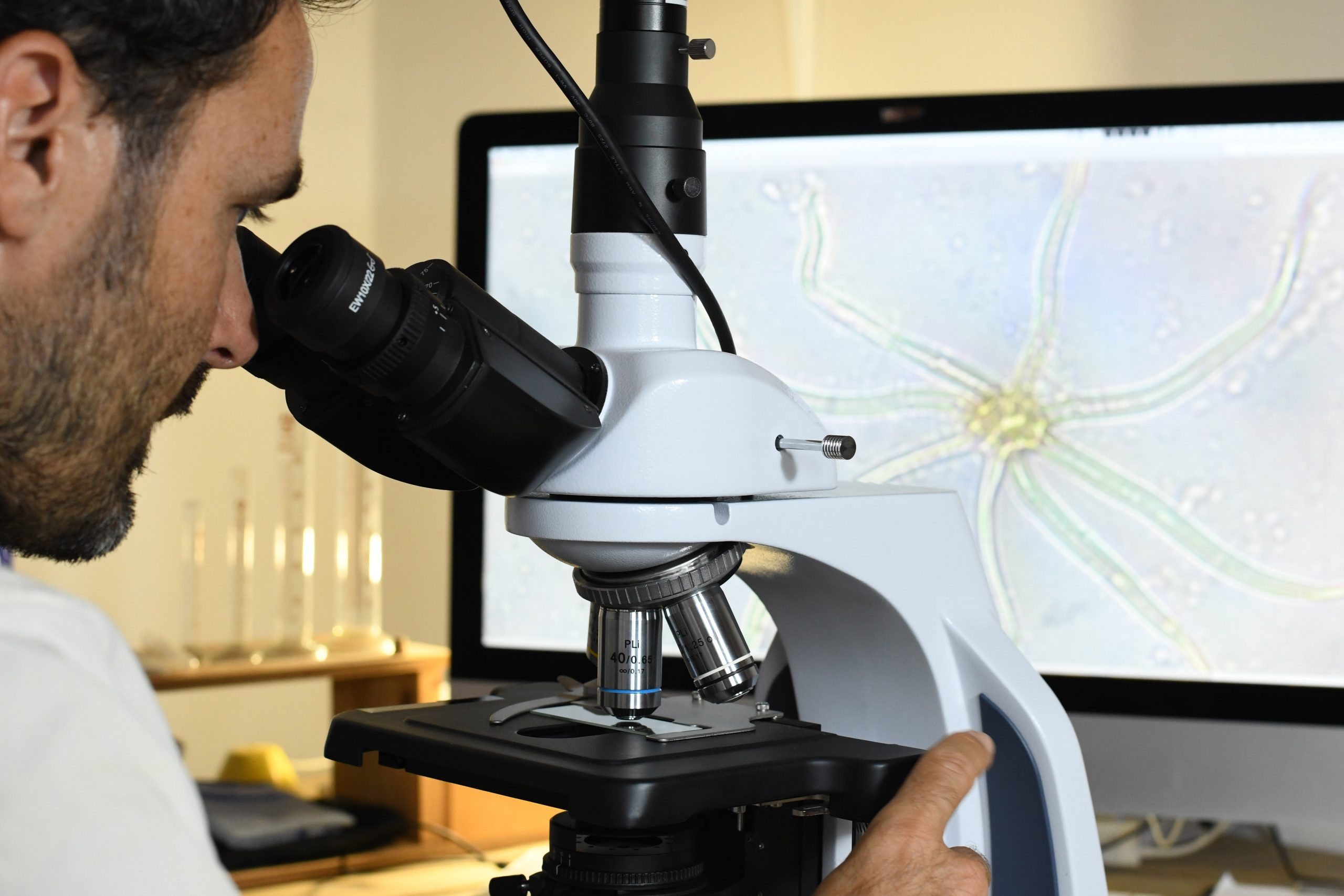
Terranima
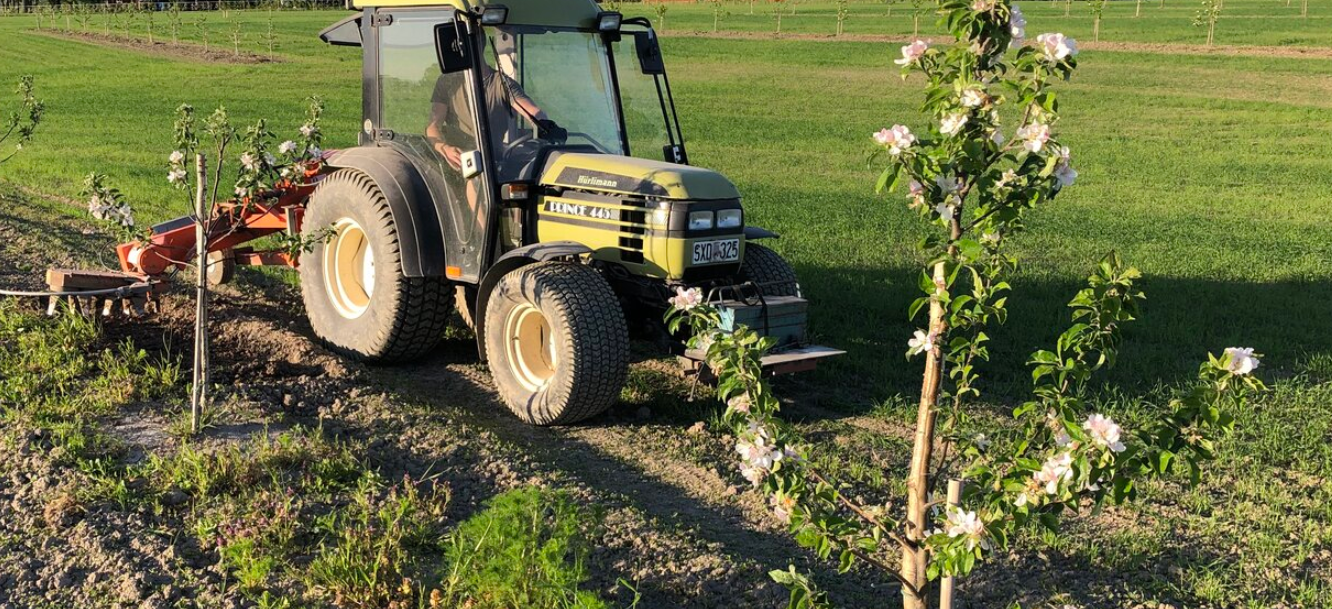
Agroforestry Sweden

Karbon Agro
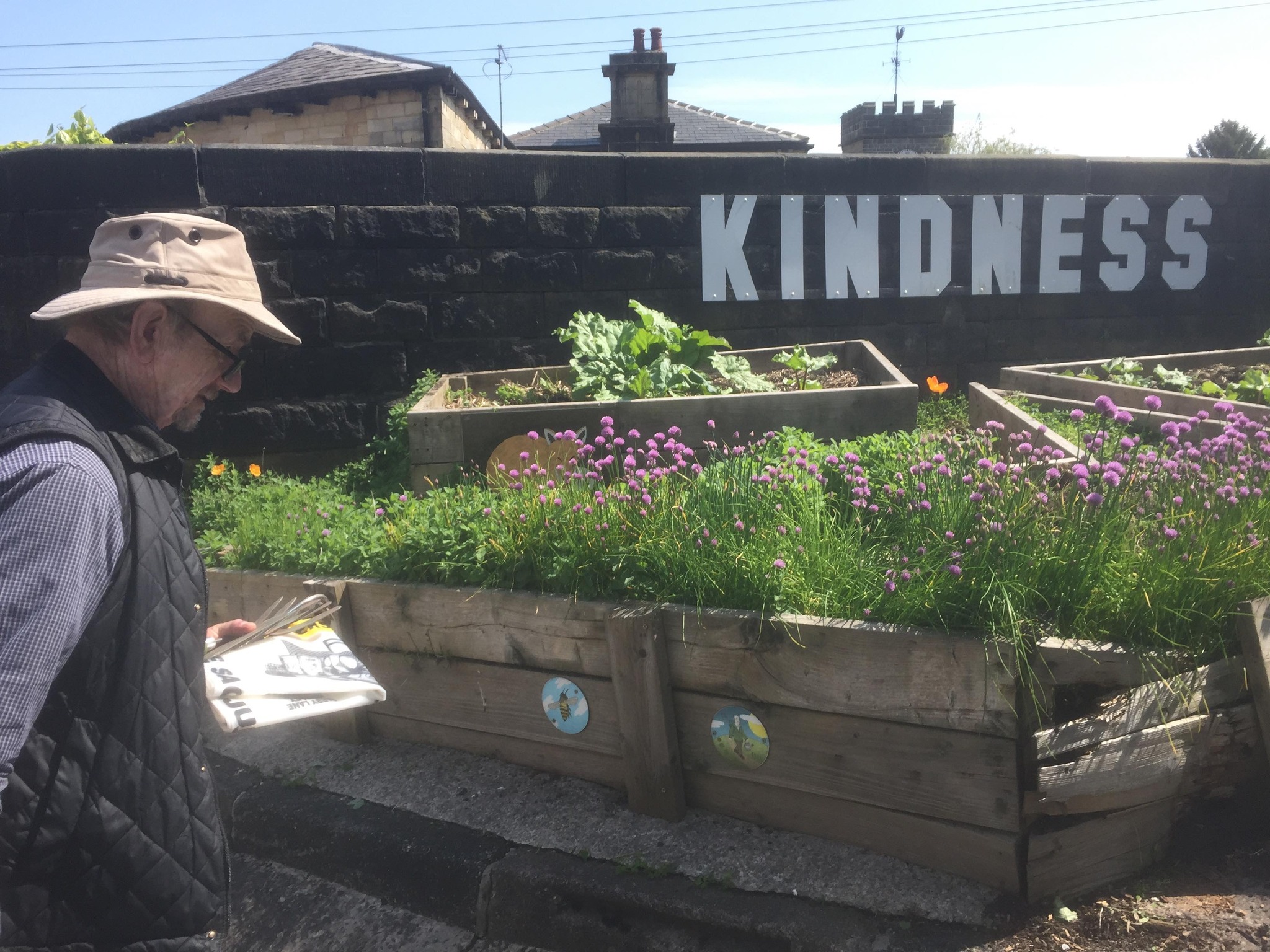
Incredible Edible Network
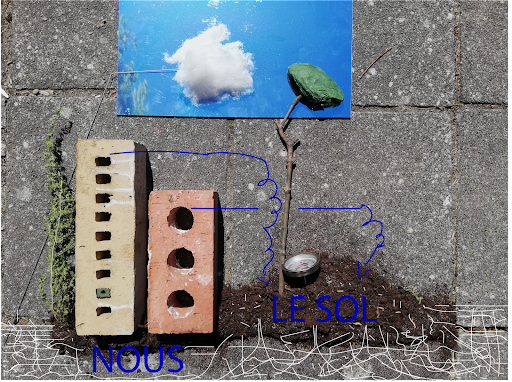
Super Terram (towards a multispecific urbanism)
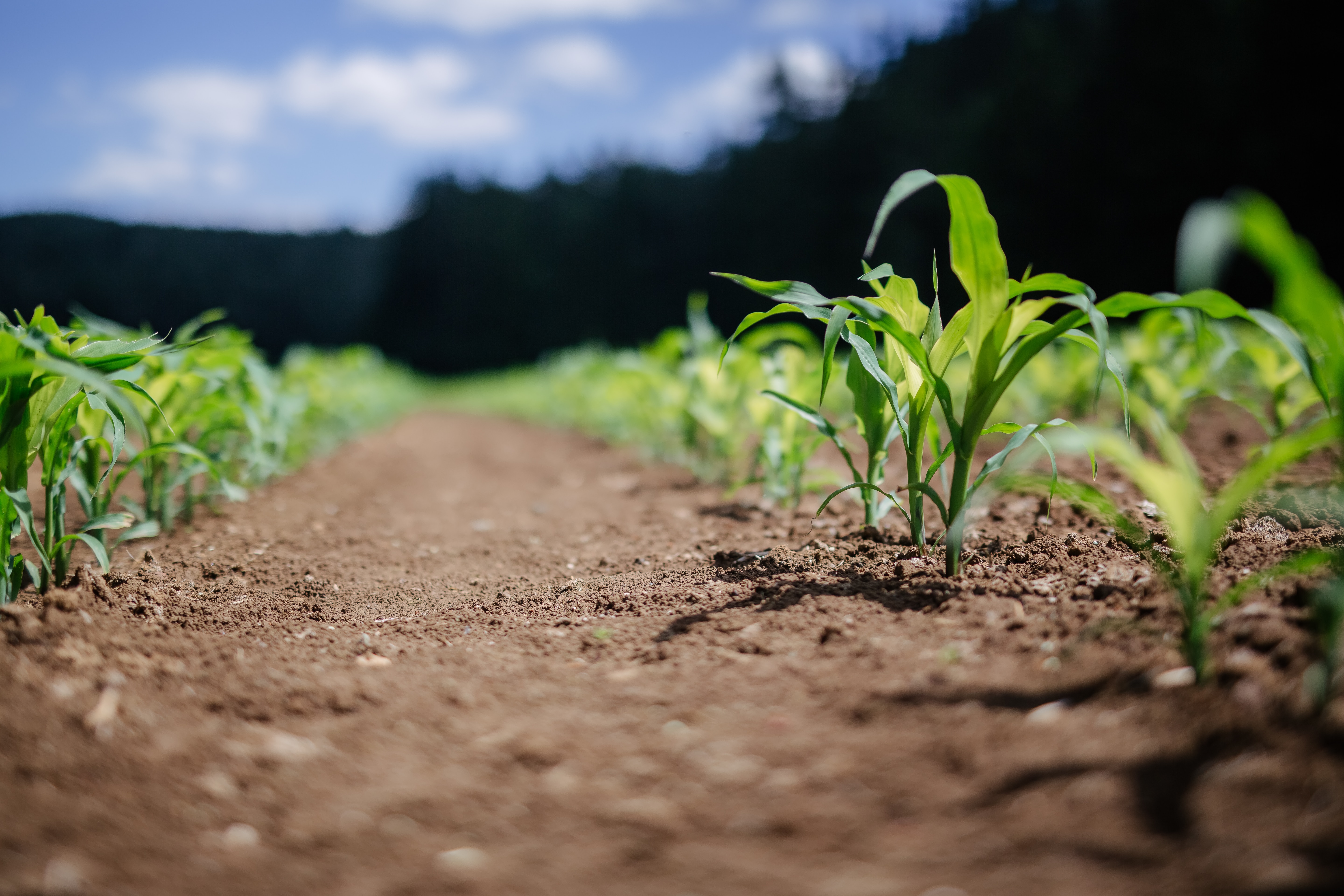
Territorial consultation on (soil) organic matter by multiple stakeholders in the North of France (ConcerTO)
Sunseed Desert Technology
PD Krakovany – Stráže (Agricultural cooperative Krakovany – Stráže)

